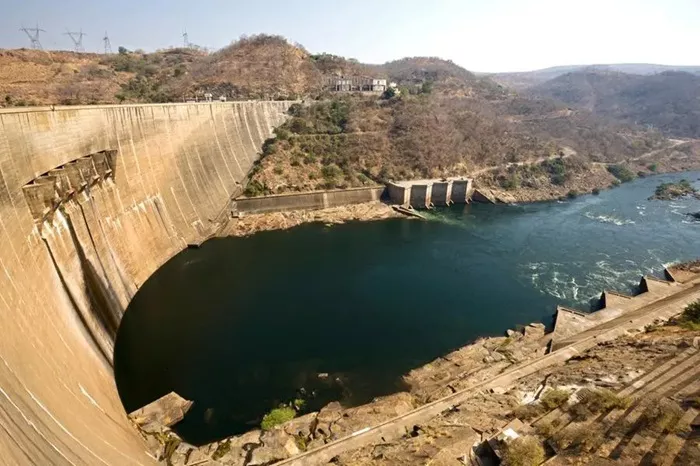Local manufacturers in Zimbabwe are facing severe power cuts lasting over 18 hours each day. This situation forces them to depend on expensive diesel generators, significantly increasing their production costs.
During peak hours, Zimbabwe needs about 1,700 megawatts (MW) of electricity. However, on Wednesday, October 30, the state-owned power utility, ZESA, was generating just over 800 MW.
The Confederation of Zimbabwe Industry (CZI), the country’s largest business lobby group, described the power situation as dire. They reported that industry members often go without electricity for 12 to 18 hours, with power typically restored between 11 PM and 7 AM.
The lack of a reliable load schedule worsens the impact of these power cuts. Affected companies struggle to plan employee shifts, leading to unnecessary idle staff during power outages.
Unscheduled power cuts also pose challenges for machinery. Proper shutdown processes are essential to ensure that raw materials are used efficiently and machinery is safely powered down. Sudden outages can result in lost raw materials and damage to equipment.
Some machinery requires heating, which can take 3 to 5 hours to prepare for production. Therefore, if electricity is available for only 8 hours, the effective production time may be limited to just 3 to 5 hours. The CZI noted that electricity bills will reflect 8 hours of usage, despite only achieving 3 to 5 hours of production. This is especially challenging for sectors like plastics and cement that rely heavily on electricity, making it difficult to cover production costs.
The situation is more critical for companies without dedicated power lines, typically found in small to medium-sized enterprises. To cope, many firms are investing in solar energy and battery storage, but these solutions are often costly and require significant funding that many cannot access.
Christopher Mugaga, CEO of the Zimbabwe National Chamber of Commerce (ZNCC), warned that ongoing power outages could severely impact the country’s economic performance in 2024. He estimated that the rolling blackouts could reduce Gross Domestic Product (GDP) by 0.6 percentage points.
Mugaga pointed out that operating generators for 14 to 18 hours daily adds to costs for companies. This scenario not only discourages investment but also leads to substantial losses in foreign direct investment (FDI), estimated at between $120 million and $150 million annually due to power shortages.
Oswell Binha, chairman of the CEO Africa Roundtable, stated that power outages can last 18 hours or more, and sometimes the quality of available power is so poor that businesses cannot operate. He described the situation as critical, forcing many companies to rely on costly generators. This dilemma leads businesses to choose between raising prices or facing severe shortages in stores.
Related Topics
- Solarvest’s Subsidiary Approved As Merchant Generator
- Origin Energy Begins Construction On Major Battery To Replace Coal Generator
- GeneratorPortable Generator Market Expected To Reach USD 3,580.15 Million By 2030

